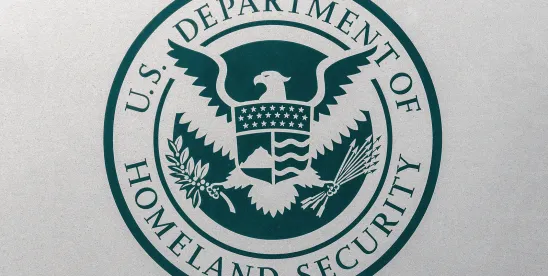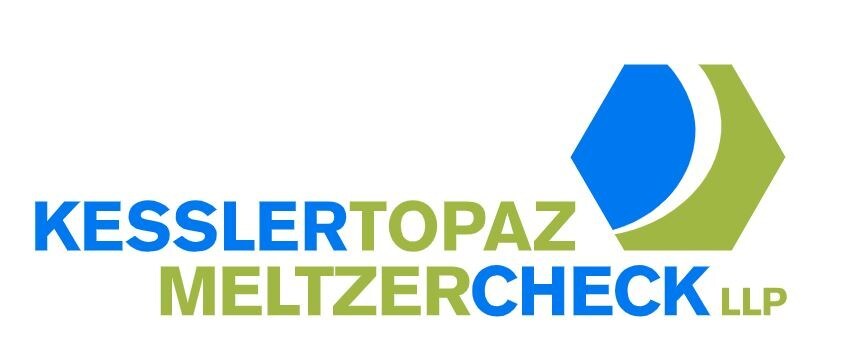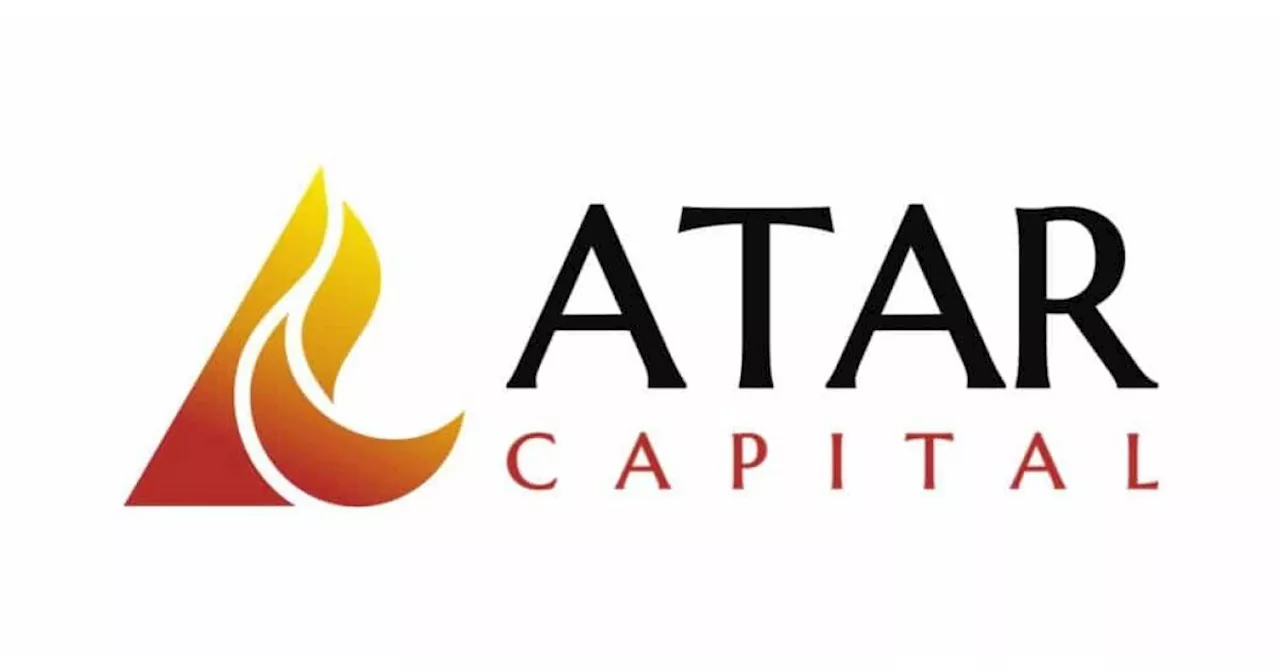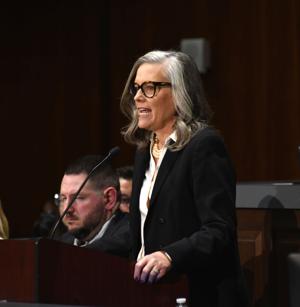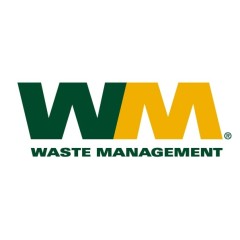The Department of Homeland Security (DHS) has announced a significant change regarding the renewal of Employment Authorization Documents (EADs), effective October 30, 2025. The new interim final rule will eliminate the automatic extension of EADs for applications filed on or after this date. Previously, applicants could receive an automatic extension of up to 540 days for their work authorization while their renewal applications were pending. Under the new regulation, this automatic extension will be reduced to 0 days.
Individuals submitting EAD renewal applications on or after October 30, 2025, will not have their work authorization extended if their application is still pending at the time their current EAD expires. This change is expected to have a broad impact on various categories of nonimmigrants who rely on EADs for their employment.
Who Will Be Affected?
The new rule will apply to all categories that were previously eligible for the 540-day extension, including:
– Spouses of principal E and L-1 visa holders
– H-4 nonimmigrants
– Individuals with pending Adjustment of Status applications
– Those granted Withholding of Deportation or Removal
– Recipients of Temporary Protected Status (TPS)
– Individuals with pending asylum applications
– Cancellation of removal applicants
– VAWA self-petitioners
It is important to note that individuals currently benefiting from the 540-day extension will not be impacted by this rule change. Those who file their I-765 renewal applications before October 30, 2025, will still receive the automatic extension.
What Should Applicants Do?
Given the implications of this new rule, individuals who intend to rely on the 540-day extension should take action promptly. It is advisable to file renewal applications before the October deadline. Applicants may file their EAD applications up to 180 days before the expiration of their current document, and for replacement EADs, earlier filing may be possible.
The U.S. Citizenship and Immigration Services (USCIS) encourages electronic filing for many categories to expedite processing times. This shift in policy underscores the importance of timely application submissions to avoid interruptions in employment authorization.
As this new regulation approaches, applicants are urged to stay informed and proactive in managing their employment authorization needs to ensure compliance with the upcoming changes.

